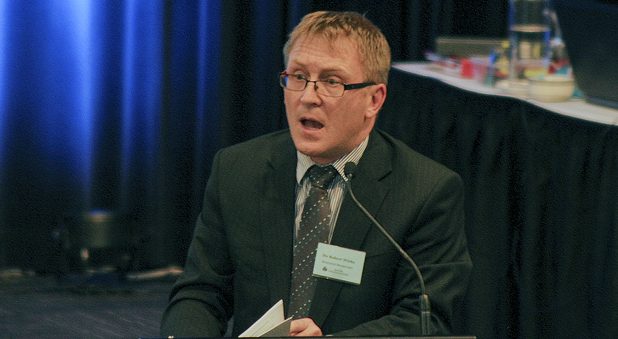The Federal Government has announced the Australian Charities and Not-for-profits Commission (ACNC) will continue.
The commission was set up by the previous Labor government in 2012 and given the task of maintaining a register of not-for-profits and charities, including churches. The introduction of the ACNC has meant extra paperwork for churches, diocesan organisations and associated entities.
Although the previous Social Services Minister Kevin Andrews promised to shut down the commission, saying it imposed an “unnecessary and ponderous compliance burden” there was some support in the non-profit sector for it to be retained.
The Minister for Small Business and Assistant Treasurer, Kelly O’Dwyer, announced in March that after consultation with all interested stakeholders, the Government found sufficient support for the ACNC to continue.
“It is intended that the ACNC will have a renewed focus on working with charities to help them to become more effective, and helping them to improve their governance.” Ms O’Dwyer said.
She said the decision would eliminate uncertainty about the ACNC and ‘strikes the right balance between having effective public accountability and cutting red tape’.
She said the government would continue to work with the ACNC, states and territories and the sector to identify areas where it can reduce the burden of red tape for charities and not-for-profit organisations.
Diocesan secretary Robert Wicks (pictured above) said there had been a considerable amount of work done since 2012 to ensure that bodies in the diocese comply with ACNC requirements.
“While there continues to be some cost in working under the new regime we can see that there are benefits to the broader (non-profit) sector” Mr Wicks said. and “We are working well with the regulator and participate in consultation forums with the ACNC on a regular basis.”
“The Sydney Diocesan Secretariat will continue to provide whatever support parishes need to help them adapt to the new reporting regime which, according to this announcement, will now become permanent.”
























